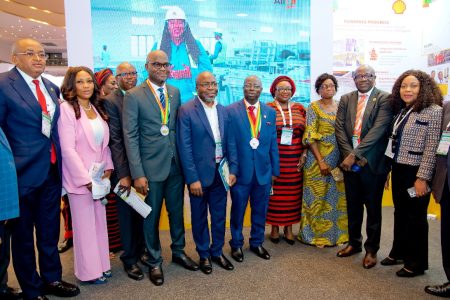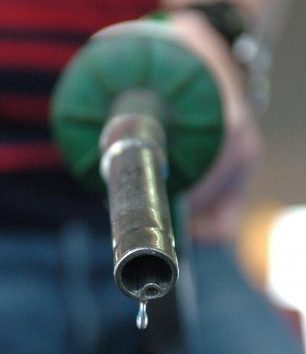
OpeOluwani Akintayo
Lagos — Last year, 25 European leading banks were said to have lend $55 billion to energy companies planning to expand oil and gas production, ignoring an IEA report that new projects should be halted to curb global warming.
The International Energy Agency had in May 2021, said there should be no investment in new oil and gas fields in order to have a 50% chance of capping global warming at 1.5 degrees Celsius above the pre-industrial average.
However, Europe’s leading banks collectively provided $55 billion for new projects as of last year.
Although the fund was a fall from the $106 billion lent in 2020 and $83 billion in 2019, it was above the $49 billion and $50 billion amounts in 2018 and 2017, respectively.
The financing comes despite 24 of the banks themselves pledging to decarbonise their loan portfolios, the report said, adding that HSBC (HSBA.L), Barclays (BARC.L) and BNP Paribas (BNPP.PA) were among the biggest providers of finance in 2021, according to a Reuters’ report.
OPEC members have for a while now, battle international oil companies over decision to cease funding oil and gas projects in Africa.
The group argued that such agreement does not favour developing countries whose economy still, largely depends on revenue from oil and gas.
OPEC also argued that although it was geared towards curbing gas emissions as agreed on Feb. 22 in Paris, however, African countries are still underdeveloped for rapid energy transition.
Most African countries depend largely on earnings from oil and gas exports to sustain their economies.
An HSBC spokesperson said it was working with clients over the energy transition and would publish science-based targets to align oil and gas financing with the goals and timelines of the Paris Agreement on Feb. 22.
A Barclays spokesperson said it also aimed to align its financing with the global climate deal reached in 2015 and had set a target for a 15% absolute reduction in financed emissions from its energy sector clients by 2025.
A spokesperson for BNP Paribas said it was a major backer of European energy companies, which were largely committed to building out the renewable energy assets that would play a leading role in the transition.
Follow us on twitter



